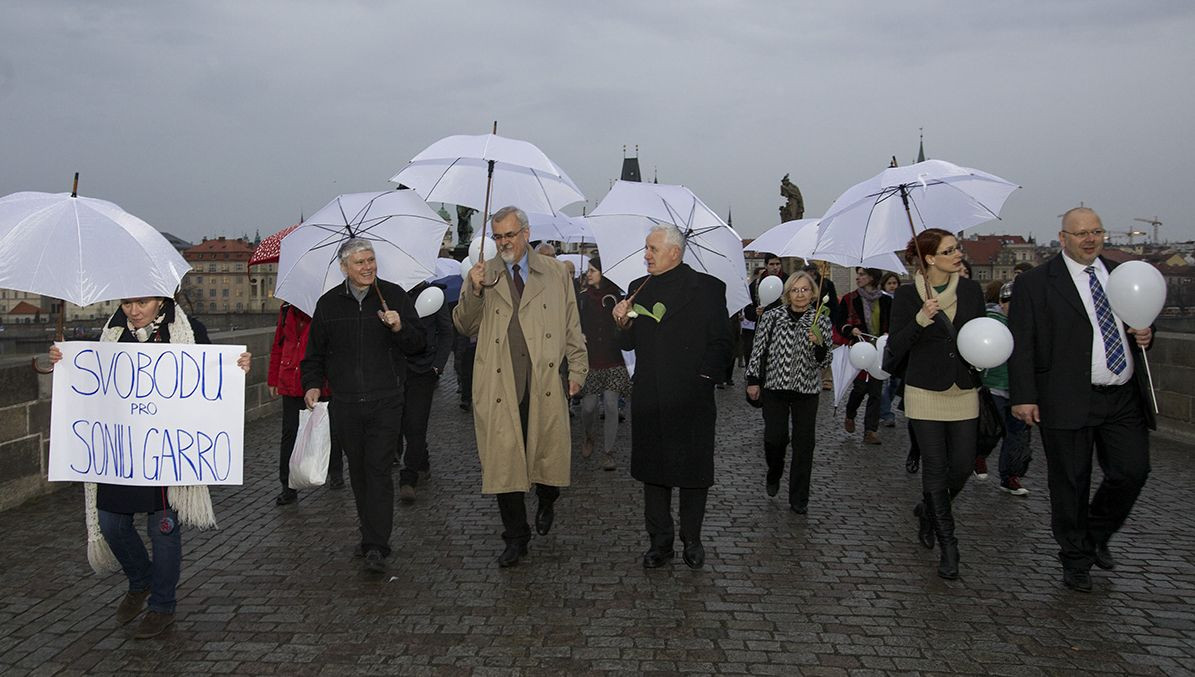
Cuba
donateIn recent years, Cuba, with its highly dynamic society, has undergone many changes. Miguel Mario Díaz-Canel Bermúdez has been the President of the Republic of Cuba since 2019. However, his leadership has led to growing discontent and a deterioration in the living conditions on the island.
Cuba experienced a significant shift following the social unrest in 2021; this was marked by massive protests on 11 July. These protests were a result of widespread dissatisfaction among the civil society, and their repercussions persisted, causing significant social mobilisation.
Every month, hundreds of activists are detained, and the restrictions faced by the press and independent media, subject to total state control, have led to the blocking or exile of various independent media outlets. The scarcity of resources and limited communication options for the population have contributed to significant social discontent, primarily stemming from the lack of freedom of thought, conscience, and religion, as well as the freedom of expression and peaceful assembly and association.
Civil society support
The support for civil society in Cuba is intended to be comprehensive, involving organisations, independent activists, vulnerable populations, youth, and exiled individuals. This approach aims to create connections between different actors to enhance their impact.
We organise individual and group training sessions with experts and provide technical and financial assistance for the training and development of activities and projects, both within and outside the island. This comprehensive support approach empowers project leaders to assess the needs of their communities and make a meaningful difference.
Twice a year, we issue specific calls for project support, allocating small subsidies to help intensify their activities. The projects we have funded thus far encompass diverse initiatives, including the publication of an independent newspaper, human rights seminars, ecological projects, and awareness campaigns on gender violence.
One of the project's primary pillars is promoting freedom of the press. Therefore, we extend our support to independent journalists and agencies in Cuba. We assist them in their professional efforts to provide critical information to Cuban citizens, and we work to keep both the general public and European media informed about the situation on the island.
Direct aid to the persecuted
The Cuban regime has changed its strategy towards opposition activists, which now lies mainly in subtle but constant repression and the short-term custody of journalists and activists.
We have provided direct aid to the politically persecuted in Cuba since 2013, mainly via our EYE on CUBA activists’ network (www.eyeoncuba.org). Members of this network support those in their community who are subjected to political persecution and harassment conducted by the state and their families. They provide material assistance and arrange legal and psychological aid. We provide material and financial resources to EYE on CUBA activists, organise training, and support their legal representation.
Legal representation and Advocacy
We aspire to inform the general public and, in particular, the representatives of European governments and institutions about the real situation in Cuba. We intend to raise awareness about the true situation concerning human and civil rights on the “island of freedom” and appeal to the European Union and its members to apply a responsible approach to Cuba in their foreign policy.


